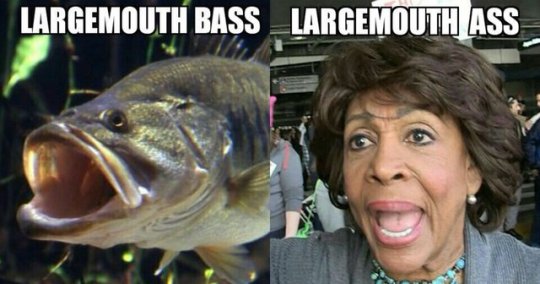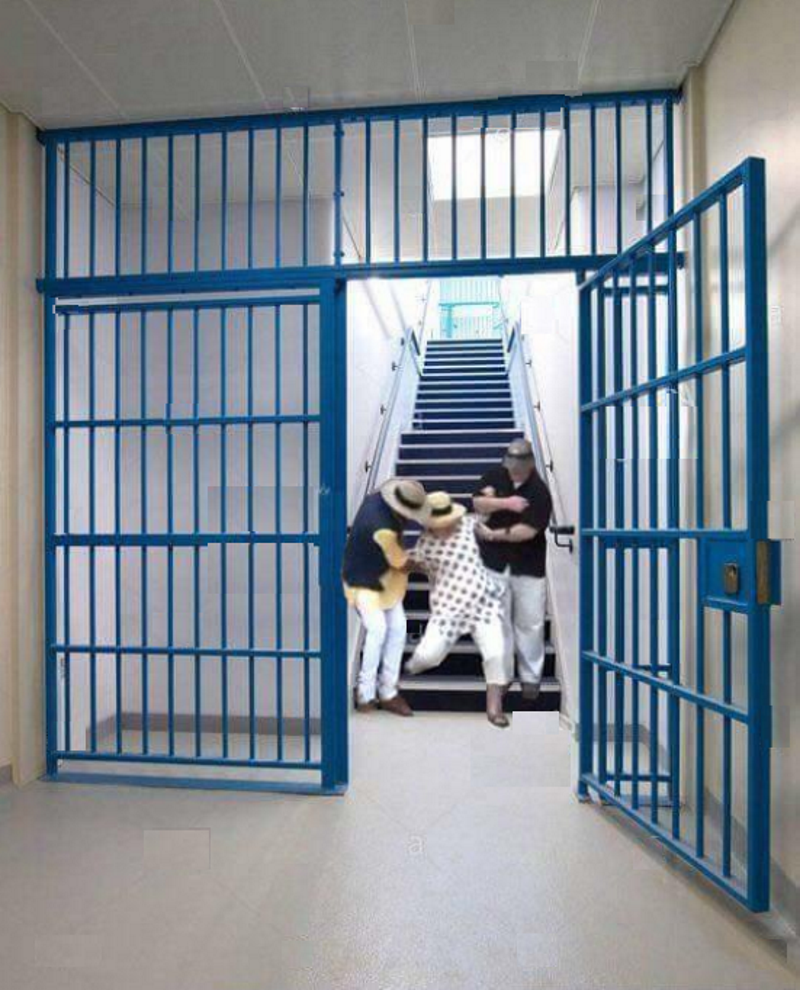Doctors for Responsible Gun Ownership (DRGO) has released research that recommends use of firearm suppressors as a critical health intervention to prevent hearing loss from gun use:
Doctors for Responsible Gun Ownership (DRGO) has released a white paper, prepared by highly credentialed subject matter medical experts, that provides supporting information for the proposed Hearing Protection Act of 2017 (H.R. 367 and its companion bill S.59), which are being considered to aid in protecting the hearing of hunters and recreational firearms users.
The causal relationship between loud noise exposure and irreversible hearing loss and chronic tinnitus have long been recognized by medicine and the U.S. government, DRGO said.
The document cites the Occupational Safety and Health Administration (OSHA), the National Institute on Deafness and Other Communicative Disorders (NIDCD) as well as academic studies and publications which collectively provide a preponderance of evidence supporting the need for greater access to and use of firearms suppressors.
Doctors for Responsible Gun Ownership strongly supports making firearm suppressors readily available to the public as a critical health intervention to prevent Americans hearing loss, said DRGO Project Director, Dr. Arthur Przebinda. Reducing barriers to firearms suppressor ownership and decreasing the likelihood of gunshot blast noise induced hearing loss and tinnitus in tens of millions of U.S. firearms owners will have no material impact on criminal firearms use.
More from the Doctors for Responsible Gun Ownership (DRGO) position paper on firearm suppressors:
Noise Induced Hearing Loss (NIHL) is a real public health problem:
The causal relationship between loud noise exposure and irreversible hearing loss has long beenrecognized by medicine and the U.S. government.
NIHL is permanent and untreatable. Prevention is the only possible intervention.
Demonstrable need:
NIHL is the most prevalent service-connected disability among Veterans.
Per the CDC, 15% of adults aged 18 and over (or nearly 38 million American) have hearing problems.
Over 100 million Americans who own guns are at risk for gunshot-induced NIHL. Auditory injuries are sustained by bystanders the same as by shooters.
Nearly all gunshots exceed the noise threshold for instant damage to the hearing cells of the inner ear. And their explosive blast generates 1,000 times the force on the eardrum than the noise itself.
Benefit of suppressors:
Muzzle blast sound levels from most firearms range from 140 to over 170 decibels. 120 decibels is considered the maximum safe level for short exposures (the intensity of a car horn 3 feet away). Ear plugs and/or ear muffs only reduce noise by 20-30 decibels.
Evidence supporting the need for greater use of firearms suppressors comes from the Occupational Safety and Health Administration, the National Institute on Deafness and Other Communicative Disorders, the Centers for Disease Control, as well as academic and military research.
Muzzle-mounted suppressors are vastly superior to ear protectors, providing 50% greater noise reduction.
Only suppressors can make most modern firearms safe for hearing, as noise at gun ranges routinely reaches 160 decibels.
Conventional ear protectors deafen the wearer to external sound. Suppressors facilitate clear verbal communication between shooters, increasing safety.
Restricting suppressors is a longstanding obstacle to hearing safety:
Listing suppressors in the 1934 National Firearms Act for no apparent reason made them extremely expensive and difficult to acquire here. They are readily available to gun owners in much of Europe and in New Zealand, where firearms are more strictly regulated.
Suppressors do not promote crime:
Suppressed gunfire is still very loud, about 120 decibels. There is no evidence that commercialsuppressors increase the danger of criminal shootings. Single-use suppressors can easily be made at home.
Criminals want easily concealed weapons; suppressors may double the length of handguns. Illegal suppressor use is extraordinarily rare, and is prosecuted at a rate of only 0.02%.
What do you think about this subject?
Would the use of firearm suppressors reduce hearing loss among gun users?






 Pepper1162 wrote:
Pepper1162 wrote:






 ">
">

